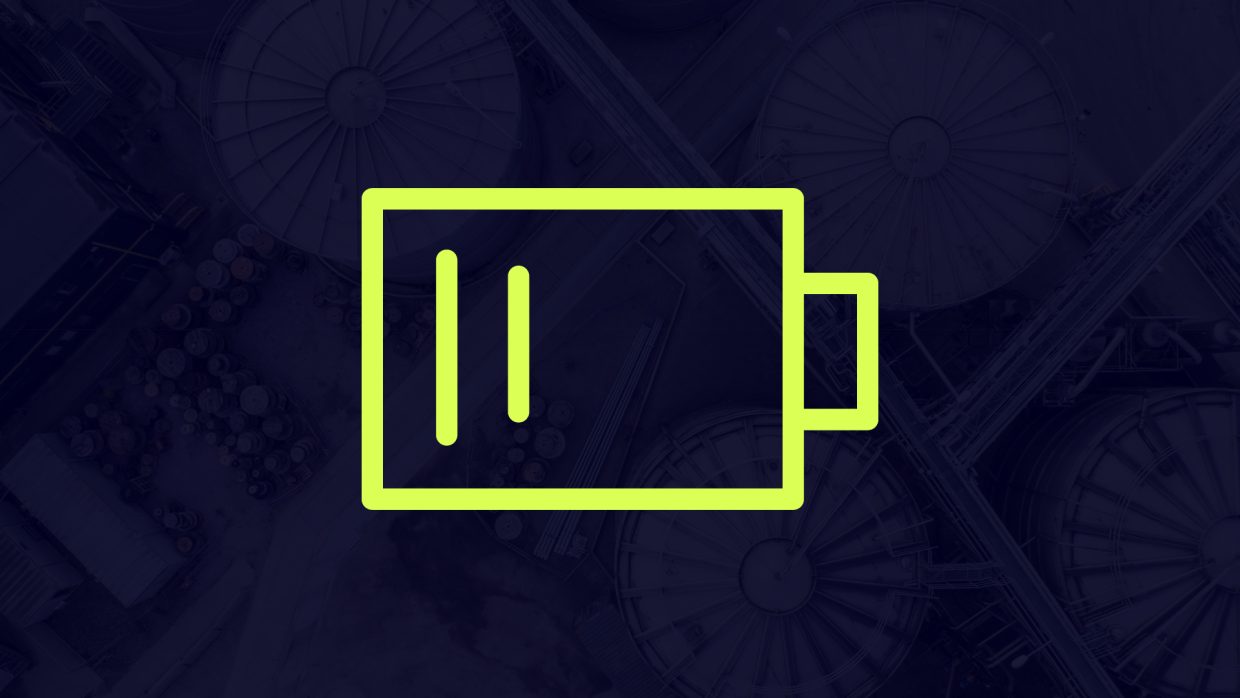The markets for battery-electric trucks and charging solutions for logistics depots are closely interlinked due to the electrification of logistics fleets. The switch to emission-free powertrains is leading to new requirements in terms of vehicles, charging infrastructure and logistics processes.
Some logistics companies have already been able to gain experience, but there is a lack of comprehensive knowledge reports to drive forward fleet electrification on a broad scale even faster. As truck mileage is a core business purpose for logistics companies, the decision on the type of powertrain is very much cost-driven.
The P3 Energy Excellence /Trucks Report documents the experiences of several pioneers of electromobility in logistics through interviews in order to identify the most important influencing factors, motivations and challenges in electrification and to enable derivations to be made. This explorative approach provides insights into markets that are still at an early stage of development.
The report begins with a look at the development of electromobility in the logistics sector through the eyes of Sascha Hähnke from REMONDIS. Following this, industry leaders such as Elflein Holding GmbH, Hermes Germany GmbH, Hugelshofer Logistik AG and NOSTA Group provide insights into their electrification processes and show which factors are driving the transition of truck fleets to electromobility. Among other things, fleet characteristics, operating profiles and the existing charging infrastructure were analyzed.
A comprehensive analysis of the influencing factors identified the company’s internal sustainability targets, EU emissions regulations as well as tolls and taxation as the most important push factors. In terms of pull factors, areas of tender and customer requirements, corporate image and the lower total cost of ownership of electric trucks were identified. Interviewees, on the other hand, did not consider subsidies to be a decisive factor in their decision to opt for electrification.
The biggest pain point identified was the lack of planning certainty with regard to political framework conditions and the long-term determination of toll rates, which made investments more difficult. There are also difficulties in setting up charging infrastructure at the depot, from bureaucratic processes to long delivery times for charging hardware and vehicles.
The P3 Energy Excellence /Trucks Report makes it clear: for our interview partners, electrification is the way forward in logistics transport – and their insights inspire to play an active role in shaping this change.
The P3 Energy Excellence Report is a series of reports on the topic of e-mobility in logistics. While this first edition focused on the electrification experiences of logistics companies with mainly heavy trucks, further reports will also shed light on other perspectives. Are you interested in working with us or would you like to stay up-to-date? Then follow us on www.energy-excellence.io
Download the paper here:








